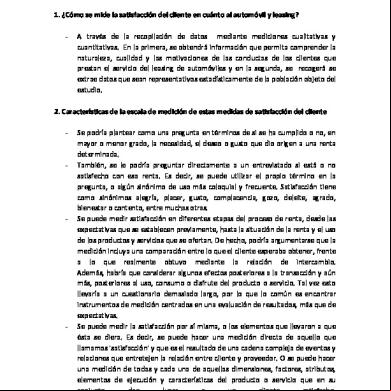Aim 365e9
This document was ed by and they confirmed that they have the permission to share it. If you are author or own the copyright of this book, please report to us by using this report form. Report 3b7i
Overview 3e4r5l
& View Aim as PDF for free.
More details w3441
- Words: 470
- Pages: 2
Aim & Objectives of SEBI:
The overall objectives of SEBI are to protect the interest of investors and to promote the development of stock exchange and to regulate the activities of stock market. The objectives of SEBI are: 1. To regulate the activities of stock exchange. 2. To protect the rights of investors and ensuring safety to their investment. 3. To prevent fraudulent and malpractices by having balance between self regulation of business and its statutory regulations. 4. To regulate and develop a code of conduct for intermediaries such as brokers, underwriters, etc. Functions of SEBI:
The SEBI performs functions to meet its objectives. To meet three objectives SEBI has three important functions. These are: i. Protective functions ii. Developmental functions iii. Regulatory functions. 1. Protective Functions: These functions are performed by SEBI to protect the interest of investor and provide safety of investment. As protective functions SEBI performs following functions:
Importance Stock market is an important part of the economy of a country. The stock market plays a play a pivotal role in the growth of the industry and commerce of the country that eventually affects the economy of the country to a great extent. That is reason that the government, industry and even the central banks of the country keep a close watch on the happenings of the stock market. The stock market is important from both the industry’s point of view as well as the investor’s point of view.
Whenever a company wants to raise funds for further expansion or settling up a new business venture, they have to either take a loan from a financial organization or they have to issue shares through the stock market. In fact the stock market is the primary source for any company to raise funds for business expansions. If a company wants to raise some capital for the business it can issue shares of the company that is basically part ownership of the company. To issue shares for the investors to invest in the stocks a company needs to get listed to a stocks exchange and through the primary market of the stock exchange they can issue the shares and get the funds for business requirements. There are certain rules and regulations for getting listed at a stock exchange and they need to fulfill some criteria to issue stocks and go public. The stock market is primarily the place where these companies get listed to issue the shares and raise the fund. In case of an already listed public company, they issue more shares to the market for collecting more funds for business expansion. For the companies which are going public for the first time, they need to start with the Initial Public Offering or the IPO. In both the cases these companies have to go through the stock market.
The overall objectives of SEBI are to protect the interest of investors and to promote the development of stock exchange and to regulate the activities of stock market. The objectives of SEBI are: 1. To regulate the activities of stock exchange. 2. To protect the rights of investors and ensuring safety to their investment. 3. To prevent fraudulent and malpractices by having balance between self regulation of business and its statutory regulations. 4. To regulate and develop a code of conduct for intermediaries such as brokers, underwriters, etc. Functions of SEBI:
The SEBI performs functions to meet its objectives. To meet three objectives SEBI has three important functions. These are: i. Protective functions ii. Developmental functions iii. Regulatory functions. 1. Protective Functions: These functions are performed by SEBI to protect the interest of investor and provide safety of investment. As protective functions SEBI performs following functions:
Importance Stock market is an important part of the economy of a country. The stock market plays a play a pivotal role in the growth of the industry and commerce of the country that eventually affects the economy of the country to a great extent. That is reason that the government, industry and even the central banks of the country keep a close watch on the happenings of the stock market. The stock market is important from both the industry’s point of view as well as the investor’s point of view.
Whenever a company wants to raise funds for further expansion or settling up a new business venture, they have to either take a loan from a financial organization or they have to issue shares through the stock market. In fact the stock market is the primary source for any company to raise funds for business expansions. If a company wants to raise some capital for the business it can issue shares of the company that is basically part ownership of the company. To issue shares for the investors to invest in the stocks a company needs to get listed to a stocks exchange and through the primary market of the stock exchange they can issue the shares and get the funds for business requirements. There are certain rules and regulations for getting listed at a stock exchange and they need to fulfill some criteria to issue stocks and go public. The stock market is primarily the place where these companies get listed to issue the shares and raise the fund. In case of an already listed public company, they issue more shares to the market for collecting more funds for business expansion. For the companies which are going public for the first time, they need to start with the Initial Public Offering or the IPO. In both the cases these companies have to go through the stock market.










